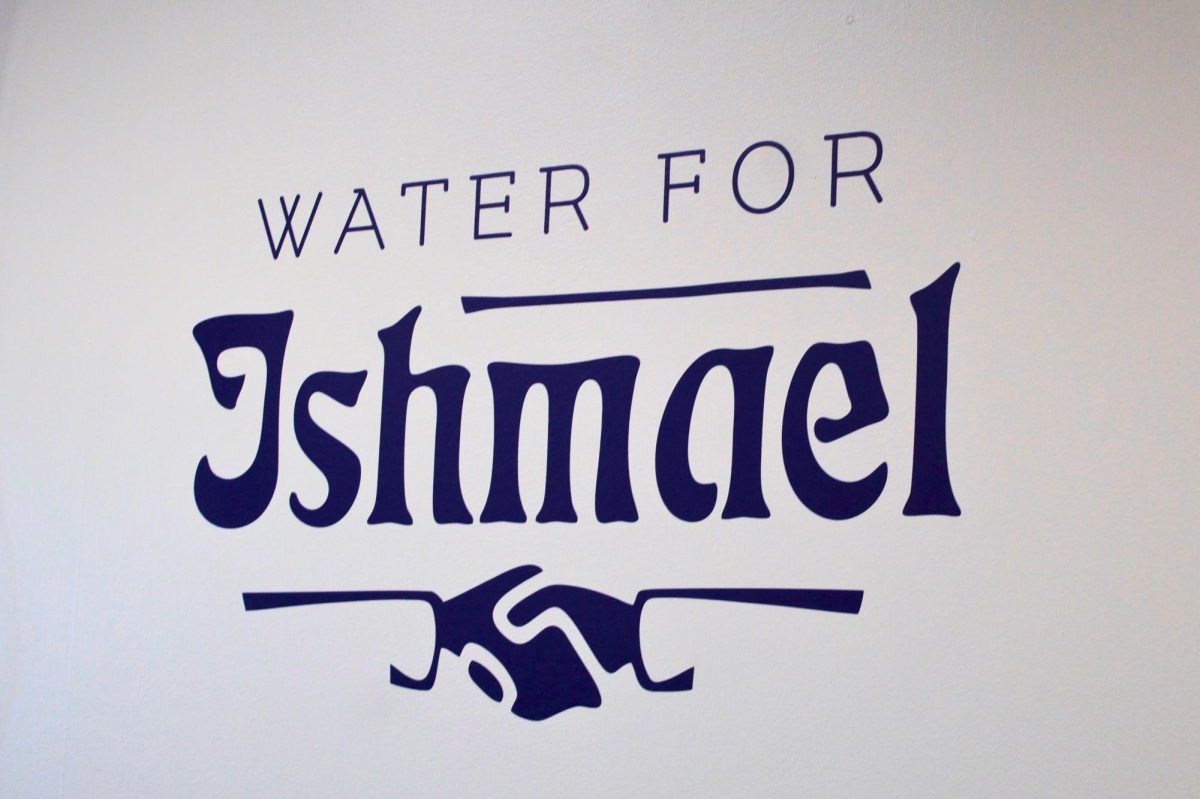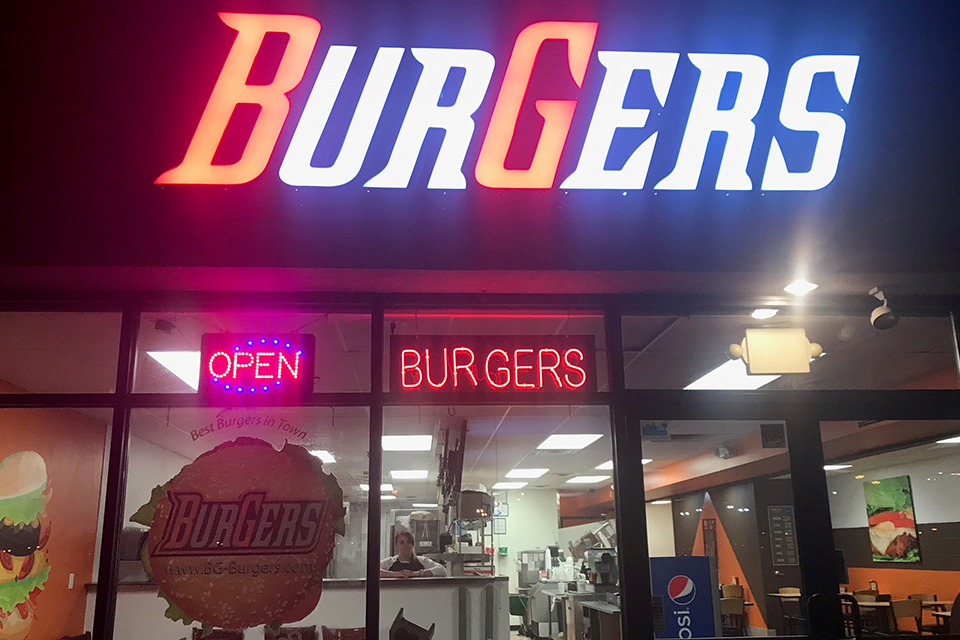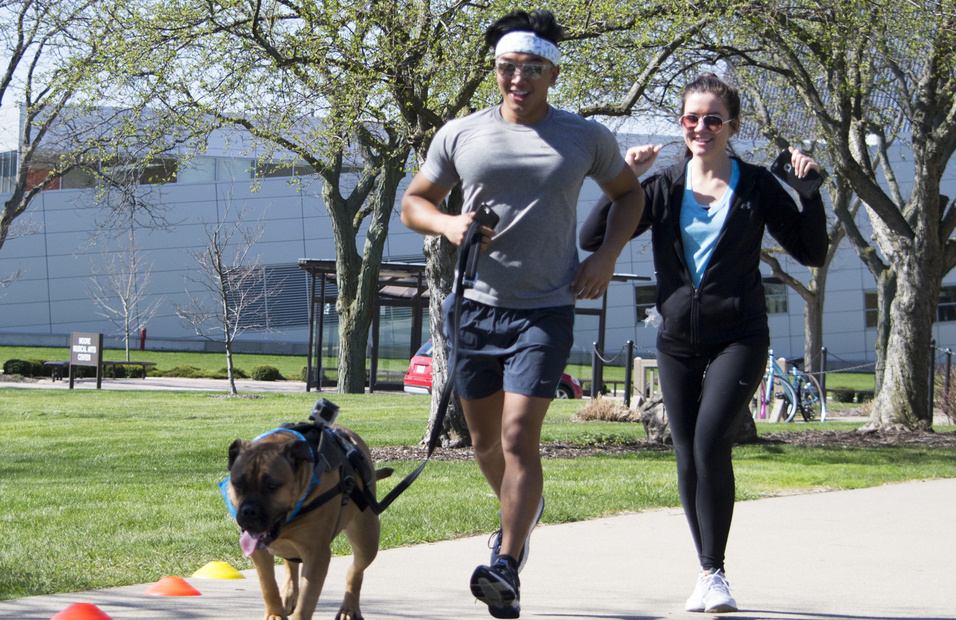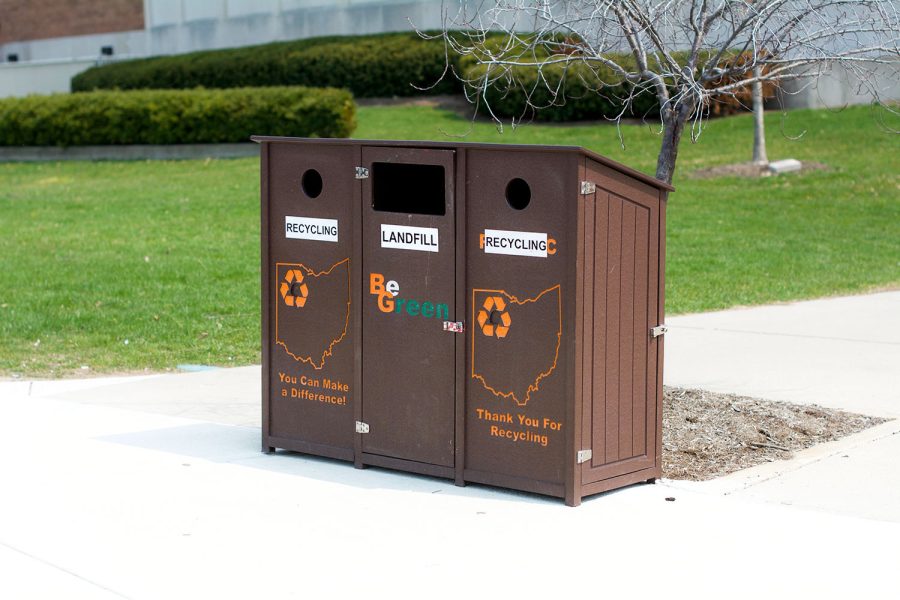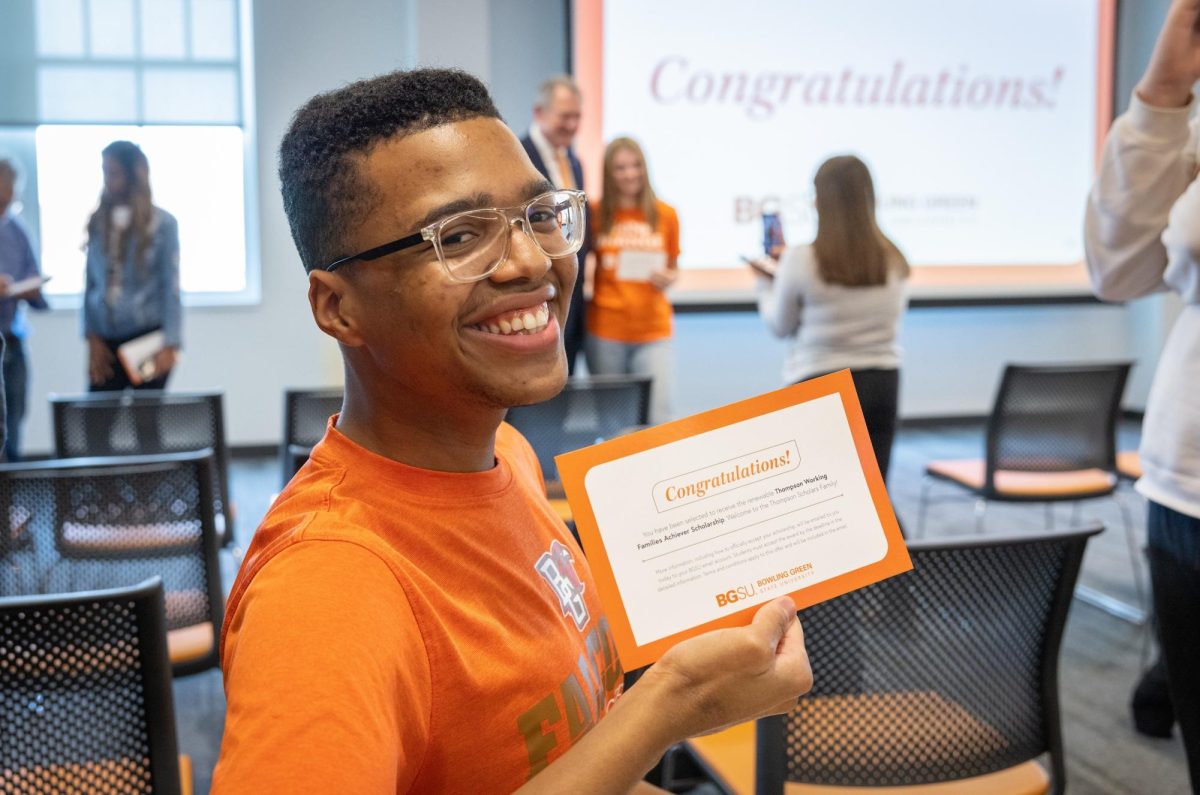When the question of alcohol poisoning comes up at a party, the general feeling may be that nobody wants to get in trouble with the police.
For those worried about such a situation, Undergraduate Student Government may be planning on revisiting its 911 legislation this summer, possibly bringing it before city council.
The 911 legislation is intended for people in a situation where an underage student may have alcohol poisoning, said Alex Solis, USG president.
If a person calls 911 to help his or her friend, they will be granted amnesty for any charges they may have faced otherwise, Solis said.
“This legislation would make the student more comfortable to make the right decision,” he said.
Almost every weekend this academic year, one underage student has been taken to the hospital for alcohol poisoning, said Michael Ginsburg, associate dean of students.
“It is a positive step if we enacted a city ordinance amnesty policy,” Ginsburg said.
It would help not only students, but also any underage person who finds him or herself in this situation in the city, he said.
However, USG’s first attempt at getting this legislation passed into ordinance stopped with city council last year.
There were concerns among council regarding a current diversion program that city has in place, said Daniel Gordon, First Ward council member.
Started in 1997, the diversion program applies to people charged with their first alcohol offense, said Matt Reger, city prosecutor.
The program is a five month process that requires the person to take an alcohol education class, do six hours of community service and stay out of trouble before the case can be dismissed, Reger said.
“It’s a good approach for a first time offense,” he said.
The city doesn’t want to send people away with an offense when there are educational options, Reger said.
Reger doesn’t approve of the 911 legislation because it can limit the ability of discretion on a case by case basis, he said.
If someone had multiple previous alcohol related offenses and they call 911, then the problem has to be dealt with, he said.
When it comes to University discipline, Ginsburg said the student caller does not get charged with a code of conduct violation.
Regardless of what stance officials from both the college and city take, the outcome is ultimately decided by city council.
For the legislation to pass, council may need to see a stronger case that the current program isn’t enough, Gordon said.
According to Gordon, other college towns have ordinances in place similar to the one on the USG proposal.
Solis said during the summer, he, Gordon and the next liaison will be working together to see what needs to be done, in regards to possibly reintroducing the legislation.
It shouldn’t be about punishment; it should be about saving lives, Gordon said.





